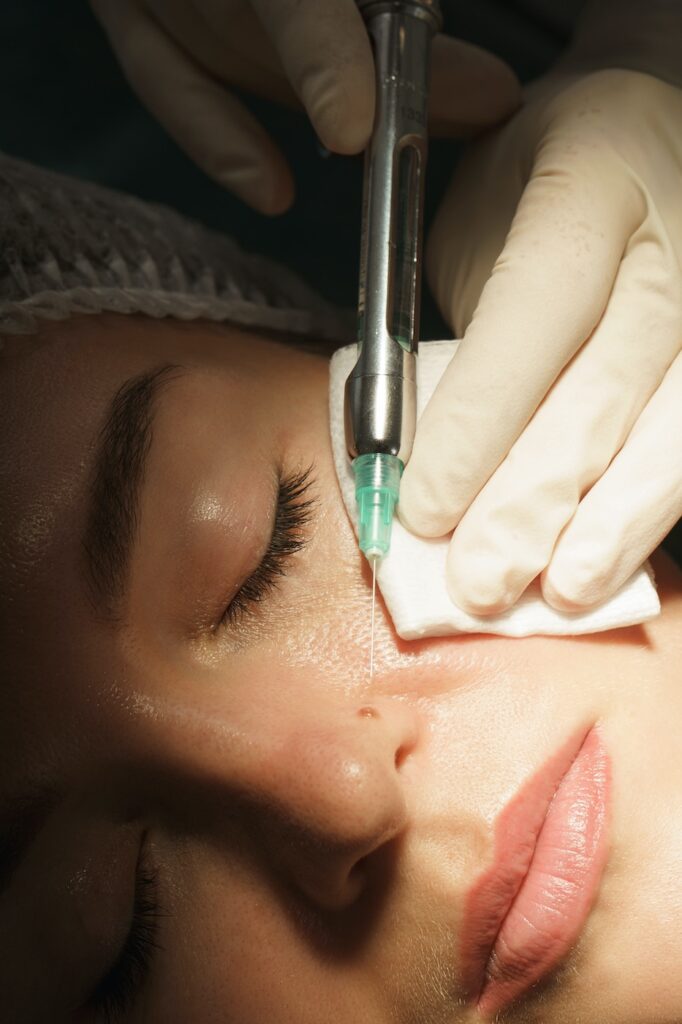
The Benefits & Procedure of Minor Surgery Under Local Anaesthetic
Minor surgical procedures are common medical interventions that can be performed under local anaesthesia, allowing patients to remain awake and alert while experiencing minimal discomfort.
Local anaesthesia numbs a specific area of the body using tiny injections, making it an excellent option for various minor surgeries.
In this blog, we will explore the benefits of minor surgery under local anaesthesia, shed light on the procedure, and discuss its implications for patients.
The Advantages of Local Anaesthesia
Local anaesthesia offers several advantages when compared to general anaesthesia or sedation. Some key benefits include:
Reduced Risk
Local anaesthesia carries fewer risks and complications than general anaesthesia, making it a safer option for many patients. It eliminates the need for intubation and bypassing potential systemic side effects associated with general anaesthesia.
Shorter Recovery Time
Since patients remain conscious during the procedure, recovery time is significantly shorter. Patients can often resume their regular activities within a short period, avoiding the grogginess and drowsiness often experienced after general anaesthesia.
Cost Effective
Local anaesthesia is generally more cost-effective than general anaesthesia or sedation. It eliminates the need for an anaesthesiologist, reduces hospital stay durations, and can be performed in outpatient settings, resulting in reduced medical expenses.
Minimised Risk of Allergic Reaction
General anaesthesia carries a small risk of allergic reactions. By using local anaesthesia, the chances of an adverse reaction are greatly reduced, making it a suitable choice for patients with allergies or sensitivities.
Common Procedures Performed Under Local Anaesthesia
Minor surgeries conducted under local anaesthesia cover a wide range of procedures. Some examples include:
Skin Lesion Removal
Minor skin lesions, such as moles, warts, cysts, or small lipomas, can be safely removed under local anaesthesia. Dr. Parikh also specialises in split ear lobe repairs, that are very commonly caused from years of heavy earing wearing. These procedures are typically quick and involves minimal discomfort.
Biopsies
Local anaesthesia is commonly used during tissue biopsies to obtain samples for diagnostic purposes. It allows us to extract tissue from the targeted area while minimizing patient discomfort.
What to expect from your procedure
The process of undergoing minor surgery under local anaesthesia generally follows these steps:
Pre-surgical Consultation & Preparation
Patients receive clear instructions from their healthcare providers about any necessary preparation prior to the procedure. This may involve discontinuing certain medications or abstaining from smoking.
Anaesthesia Administration
Before starting the surgery, a local anaesthetic is administered to numb the targeted area. This can be done through injections, topical creams, or sprays. The anaesthetic numbs the nerves, ensuring patients do not experience pain during the procedure.
During Surgery
Once the area is numb, the surgeon proceeds with the minor surgery. Patients can communicate with the surgical team throughout the procedure and provide feedback if necessary. They may experience sensations like pressure or tugging but not pain.
You may hear the cautery machine (which stops the tiny bleeding), and you may need some stitches depending on the procedure. These are typically removed after 7-10 days. All tissue removed from a patient are typically sent for histological diagnosis.
Post-surgical Care
After the surgery, patients are typically observed for a short period to ensure stability before being discharged. Depending on the procedure, patients may be advised to take over-the-counter pain relief medications or follow specific post-operative instructions.
Choose an experienced aesthetic specialist for your minor surgery in London
Minor surgery performed under local anaesthesia offers numerous advantages, such as reduced risks, shorter recovery times, and cost-effectiveness. By choosing this approach, patients can undergo surgical interventions with minimal discomfort while avoiding the potential side effects of general anaesthesia.
At our clinic in central London, we use the latest technology and techniques to provide the precise results that you desire.
Our priority is to ensure you enjoy a comfortable treatment and have confidence in your safety and results. Our goal is to ensure that patients are satisfied with their treatment before, during and after.
Contact Dr Apul Parikh to book a consultation with a medical specialist and discuss your potential minor surgery in detail.


